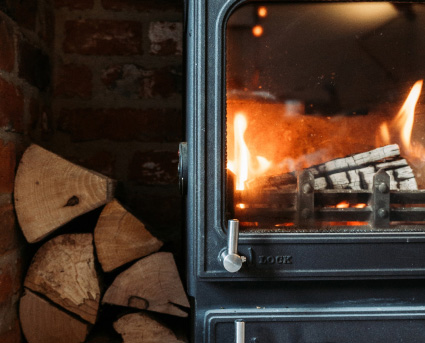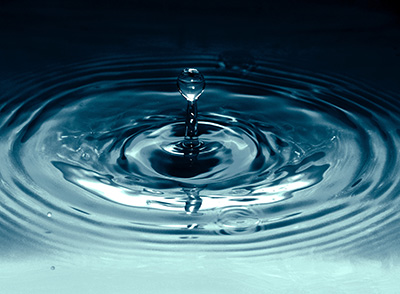
IMPORTANT INFORMATION ABOUT EMERGENCY POWER CUTS
- Not everyone in the country will experience a power cut. It may be around 5% of customers and will depend on the emergency.
- Not everyone will have a power cut at the same time. These will be spread out across the country to reduce disruption as much as possible.
- By sharing power cuts around the country, we can reduce how much power needs to be generated and return to normal faster.
- Please note that Priority Services Register customers will also lose power in an emergency power cut. As disconnections happen at the substation, it’s impossible to exclude individual domestic properties.
What can you do?
- Find your block letter (and rota, when needed) at powercut105.com or by looking at the top of your latest energy bill. Your block letter helps the network identify which part of the grid you’re connected to. Your rota refers to a planned power cut by the National Grid.
- Remember, as well as your lights and power going out, your gas boiler, heat pump, broadband and home phone will not work without electricity. Mobile phone services will also be extremely limited and might drop out entirely.
- It’s likely you and your neighbours will be without power together, but this won’t always be the case. Sometimes, the way that houses on your street are connected to your local power network may mean you are without power at a different time to those living nearby.
- If you rely on electricity to power medical equipment and don’t know what would happen to your equipment in a power cut, you should speak to your healthcare provider now.
- If you rely on electricity to power medical equipment, you should ensure your equipment and backup systems have been recently serviced and tested by the organisation which supplied it.

PREVENTING FROZEN TAPS AND PIPES
- Pipes: we recommend covering all external water pipes with a foam tube called lagging. Waterproof lagging is available from most DIY stores and is easy to fit. Using waterproof lagging on outdoor pipes going to water using appliances (e.g. washing machine, boiler, dishwasher) and to outbuildings such as a garage, shed or loft will help stop them freezing.
- Dripping Taps: Check and fix any dripping taps, this stops water build up from freezing.
- Protect your outside taps: Once you have lagged your outdoor water pipes, do not forget to protect your outside taps too. Remove any hoses attached to them and cover them with an old towel secured with duct tape or an insulated tap cover to reduce the risk of freezing.
- Find your stop tap: Most stop taps are under the kitchen sink or in the cupboard under your stairs. Make sure you know where yours is, test it works, as you may need to turn your water off quickly if your pipes freeze or burst.
- Central Heating: keeping a home warm is expensive, but so is a burst pipe. If you can, leave your heating on constantly at a low temperature so your pipes don’t freeze.
- Try to stop draughts – chilly air from outside can freeze pipes inside, so cover any gaps in doors and windows. Draught excluders also help to keep heat in the room, keeping your home warm and helping to protect the pipes within it.
- Let warm air flow – open your loft hatch to help keep pipes and tanks up there from freezing.
What can you do if your pipes freeze or burst?
Frozen pipes:
- If your pipes freeze, first turn off the water at your stop tap.
- You can then very carefully thaw your pipes using warm towels or a hairdryer.
- Start at the top nearest to the tap and work your way down. Please remember never to use a naked flame or blow torch.
Burst pipes:
- If you have a burst pipe, turn the water off at the stop tap.
- You may need to turn off the electricity if water runs near any electrical appliances.
- Turn on all the taps to drain the system and put towels down to soak up as much water as possible.
- Repair the pipe. If you need a plumber, you can find a list of trustworthy, approved plumbers here.
- Once your system is repaired and before the water is turned back on, do not forget to turn the taps off again to avoid further flooding.
